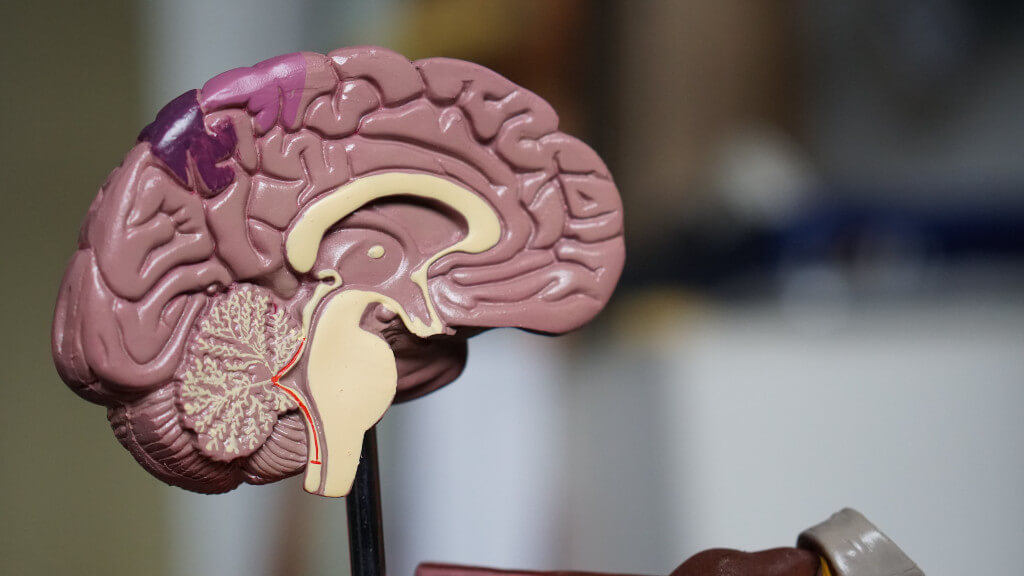Procrastination is an odd form of delay that can be characterized as irrational because we engage in it despite being aware that it may result in unfavorable outcomes. In the context of education, these can take the form of penalties or fines for a delayed bill, or even dropping out of school entirely.
Why is it that the majority of us are still prone to procrastinating, given that it is known to cause anxiety and stress? According to the findings of various pieces of research, it is connected to a variety of psychological biases.
Current Bias
The current bias in choices, in situations where individuals delay doing difficult jobs that they hoped they would do sooner, has been referred to by researchers as procrastination. When weighing the relative merits of two points in the future, people tend to give greater weight to the one that will occur more quickly. This phenomenon is known as “present bias” or “hyperbolic discounting.”
For instance, we might not take into account the results that a certain action will have in the future. When we give into temptation and eat yet another chocolate even though we know we should be decreasing the amount of sugar in our diet, this comes into play. Our capacity for self-control is not strong enough to overcome this obvious bias of ours, which leads us to prioritize immediate pleasure.
According to research in psychology, we tend to think that the significance of an event, or the value of a reward, is diminished when it is further off in the future. This indicates that we value the desired result that is occurring in the present more than one that will occur in the future. This can also cause a disconnect between our present selves and our future selves, in which we may believe that the positive effects of completing a task are happening to someone else, instead of the version of ourselves that will exist in the future.
When we procrastinate, we are choosing a favorable action in the present (such as socializing or watching cat videos) over a positive reward in the future (such as the gratification of completing a project or receiving a high grade on an assignment). This is because we value the present activity more than the positive outcome in the future. Typically, this also involves simultaneously contemplating the unfavorable effects that result from putting things off until later. It is also possible for people to put off saving for retirement because of this reason.
One study found that when a group of students was allowed to choose between receiving R 2 500 right now or R3 500 in six months, the vast majority of them opted to receive the R 2500 that was being provided to them at the moment. And when given the option of receiving R 800 right now or R 1800 one year from now, the majority of people opted to receive R 800 right away. Our preference for things and the choices we make can be skewed by the relative amount of time that has passed since we last considered these possibilities.
We are biologically programmed to prioritize the gain we will receive today over the larger gain we will receive tomorrow. Having said that, each of us is unique in the degree to which we can resist this urge; for example, some people have a stronger preference for the past while others favor the future.
Status Quo bias
A further cognitive bias that is likely to manifest itself is the status quo bias. Because of this, our brains are naturally inclined to avoid situations that require too much cognitive effort. We are therefore hardwired to avoid activities that force us to modify our attitude or that lead to mental burden; we would much rather maintain the calm state of mind we currently have than actively engage in something novel and taxing.
It has the effect of making us resistant to change because we are afraid that we will actively make choices that we will later regret (while doing diddly squat is also a “choice”). The status quo bias could indeed, for instance, lead to the “loss aversion bias,” which compels us to concentrate on avoiding being unsuccessful. When we are unsure of what to do, we tell ourselves to do nothing.
It has been found that the psychological damage caused by losses may be nearly twice as severe as that caused by gains. To put it another way, the majority of people experience twice the amount of mental anguish when they suffer a loss of R 1 8000 as they do when they realize a gain of R 1 800. Because of this bias, people are hesitant to take chances by giving up what they already have in favor of something that “might” be more lucrative to them in the future.
Your tendency to maintain the status quo might be influenced by certain characteristics of your personality. You may be marginally less impacted by this bias if you have characteristics like being open-minded and inquisitive about new experiences, being less risk-averse, and having a strong sense of obligation (conscientiousness).
The Good and the Bad
There is no such thing as an exception to the rule when it comes to the human tendency to put things off until later. It is a common misconception that it is a sign of laziness, but in my opinion, it is not. Delaying the completion of tasks is not always a bad idea. I believe that it provides us with the opportunity to reflect on the unpredictability of some situations at times. And studies have shown that it can assist us in navigating challenging feelings, which could ultimately result in improved performance at work.
In light of this, it is important to note that procrastination can oftentimes be a significant obstacle. This could be the result of an underlying issue with the individual’s mental health, which requires support and treatment. If you find that procrastination is gravely meddling with your life, you might consider breaking down tasks into more manageable chunks and giving yourself rewards after completing each stage.
But, and this is perhaps even more important, you need to forgive yourself for putting things off. When we internalize shame and guilt to a greater degree, we increase the likelihood that we will procrastinate in the future. This, in turn, can be a supplemental trigger that can entice us to procrastinate even more frequently. we already do.
In the end, each of us has a unique experience of the passage of time. It’s possible that a better understanding of individual differences will also help us comprehend neurodiverse people. For instance, it has been discovered that certain individuals divide time uniquely and erratically. It is possible that time does not function in a linear fashion for these individuals, but instead in a cyclical pattern, which is something to which we all can relate.
That serves as a good reminder for us to get started on our tax returns right away. No moment like the current one. Or perhaps after we’ve had a few more sips of this morning’s coffee.



